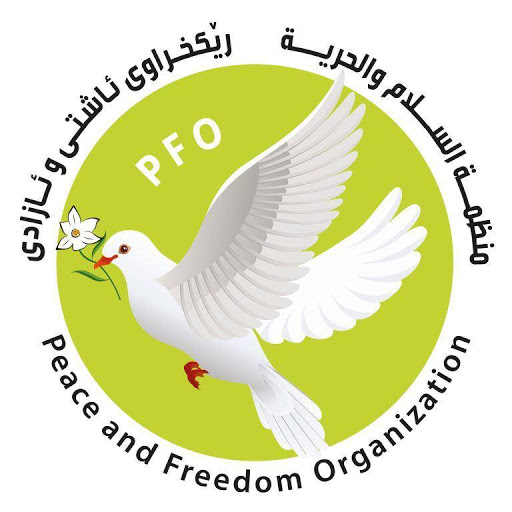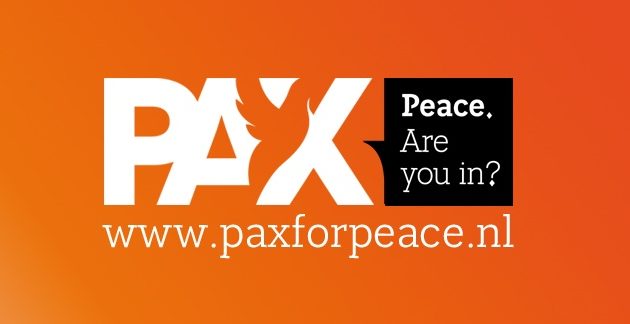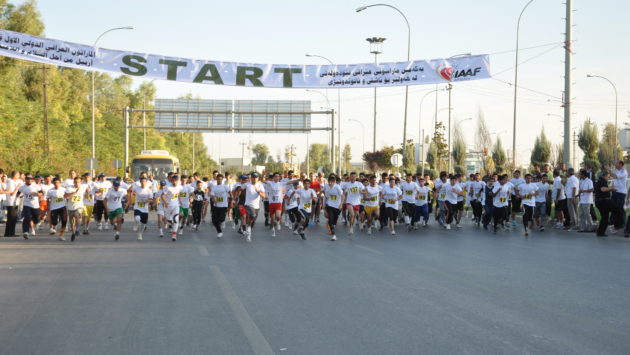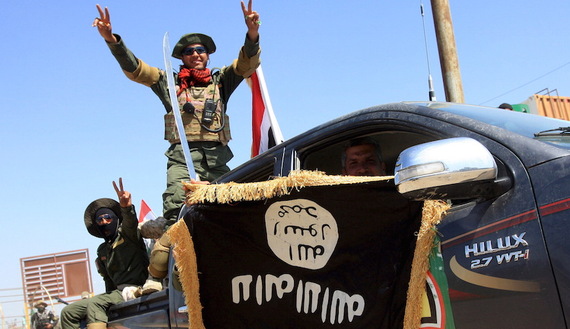The COVID Pandemic: A Challenge or an Opportunity for Civil Society Organizations in Iraq and Kurdistan Region?
The Peace and Freedom Organization, based in Erbil, has issued a new report monitoring the work of civil society organizations and the impact on freedom of expression during the time of the COVID pandemic. The report has been translated into three languages: Arabic, Kurdish and English. Below are listed some key conclusions and recommendations relating to Iraq:
Conclusions
- At the commencement of the pandemic, organizations had a greater role in distributing aid, raising awareness, sterilizing public spaces, and distributing health-related materials, but with the passage of time, contribution from organizations has decreased, according to official reports issued by the NGO Department.
- According to the report of the Department of Organizations, there has been some contribution from 788 organizations cooperating to confront the coronavirus in Iraq; this number is approximately 20% of the organizations registered in Iraq.
- For the first time, the NGO Department has invited UN Agencies and branches of other international organizations to be involved in the work of local organizations, but some of their contributions have been criticized.
- The NGO Department in Baghdad was more cooperative in coordinating with the NGOs than the NGO Department in Kurdistan Region.
- There are various official bodies that interfere with the work of NGOs in Iraq, and the Organizations Department called for stopping those agencies from further interference.
- Charges of terrorism have been suspended about the work of 5 international and local NGOs in Iraq. A civilian activist was imprisoned in Mosul on the same charge, but was released after he was acquitted.
- The work of some organizations during the pandemic during the period of this study was described as “zonal” due to the curfew measures. Similarly, sustained teamwork and networking were often lacking because contact between groups and individuals was so limited.
- Because of the curfew and quarantine procedures, organizations were unable to submit their annual reports to the Organizations Department which dealt with the delays with flexibility, it delayed the registration process for the organizations submitting registration requests for the same reasons.
- All organizations experienced financial problems due on the one hand to the bank lock down, and on the other, to decisions made by the Central Bank of Iraq which dramatically impacted the funding of NGOs.
- The massive demonstrations diminished due to quarantine and curfews, as well as the granting of a deadline for the new Iraqi government.
- Activists, especially in Anbar province, continue to be pursued.
- There are restrictions on media freedoms and an increase on violations against journalists and media outlets.
- One journalist has died and more than two have suffered from the coronavirus.
- Violations continue against journalists in the disputed areas, especially in Kirkuk.
- CSOs and the media were treated differently according to their closeness with the government or powerful people in local governments.
Recommendations
- We support the NGOs Department in Iraq to continue asking international organizations to include local organizations in their projects and have meetings to adopt mechanisms which will strengthen that partnership.
- We ask the Iraqi Central Bank to reconsider its decision to spend the Iraqi dinar for amounts transferred and exclude NGOs from this process.
- We ask the NGOs Department to develop electronic mechanisms in the Organizations Department to facilitate submission of their registration and reports.
- We recommend that civil society organizations pay attention to remote areas outside the main city centers, as most organizations now focus on main city centers and thus miss people who need aid.
- We recommend Iraqi CSOs to reflect on how to strengthen and improve effective networking among them in order to increase their influence in their areas of work.
- We call on the Iraqi government to release the demonstrators immediately and stop chasing activists.
- We call on the Iraqi government and the Iraqi parliament to expedite the legislation related to the freedom of expression, including the Freedom of Demonstration Law and other media freedoms, as well as the Law of Access to Information.
- We call on the Iraqi government to hold accountable all those involved in the violations against the demonstrators and against the media and activists.
- We call on the Iraqi government to end the phenomenon of assaulting journalists in the disputed areas.
- We call on the CSOs in Iraq to show increased interest in electronic activities through holding workshops, meetings and discussions, as well as electronic media campaigns.
To read the full report in English press below




